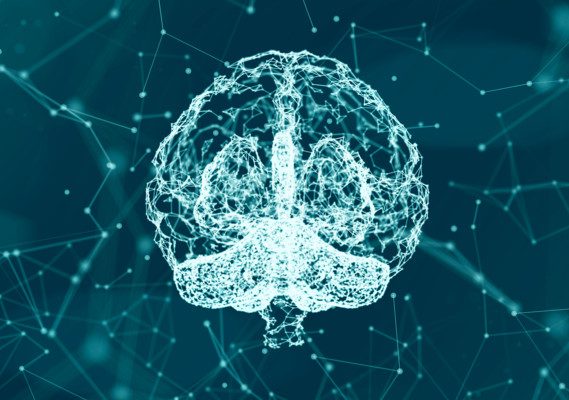Given what I have learnt this week about about the importance of sleep to learning, to our well-being, it’s omission from past revision sessions and assemblies as a key strategy was a mistake. Here is why.
The World Health Organisation is clear, the main effects of sleep deprivation include physical effects (sleepiness, fatigue, hypertension) cognitive impairment (deterioration of performance, attention and motivation; diminishment of mental concentration and intellectual capacity and increase of the likelihood of accidents at work and during driving) and mental health complications (inadequate rest impairs the ability to think, to handle stress, to maintain a healthy immune system, and to moderate emotions.)
How much sleep do our students need to be ready to learn and to benefit from learning? How much sleep do we need as teachers to be well? In recent years, recommendations for children and young people’s ‘Total Sleep Time’ or TST have been extended. Not that they were meeting the low thresholds before.
- Preschoolers (3-5): Sleep range widened by one hour to 10-13 hours
- School age children (6-13): Sleep range widened by one hour to 9-11 hours
- Teenagers (14-17): Sleep range widened by one hour to 8-10 hours
- Younger adults (18-25): Sleep range is 7-9 hours
- Adults (26-64): Sleep range remains 7-9 hours

Students are not sleeping… enough
Sleep deprivation (a debt of two hours) concerned 16.0% of children aged of 11 years old increasing to 40.5% of those of 15 years old (p<0.001). Too short sleep (less than six hours a night) was reported by 2.6% children aged of 11 years old increasing to 24.6% of those of 15 years old (p<0.001). Interesting, it was more of a concern for girls than boys. (https://www.ncbi.nlm.nih.gov/pmc/articles/PMC3474762/ )
Why is sleep so important
Sleep improves concentration or rather sleep deprivation impairs attention and working memory. Sleep deprivation impairs impulse control. Post teaching, sleeping aids the “consolidation of newly acquired information,” aiding recall (learning). More recently, sleep has also been shown to helps us synthesise new ideas. Pulling together from different experiences and learning to create novel ideas and concepts or “ah ha” moments. I am thinking here of themes within and across the curriculum.
What I was surprised to read was that, on average those students that were “sleep deprived demonstrated a 40% deficit in memory encoding, relative to subjects who had slept normally prior to learning.” 40%. Which student, which teacher, which parents, which school can afford to ignore that research finding. https://www.ncbi.nlm.nih.gov/pmc/articles/PMC2890316/
You will be underwhelmed then, when I share with you that meeting the recommended sleep hours correlates with academic achievement. Students who sleep better have been found to get significantly higher grades (about half a grade’s difference).
My final thoughts on the matter. Sleep is that important to learning, that it deserves a place in our opening ‘How to be an effective student’ presentation and as a reminder in recent ‘How to revision’ sessions. It deserves to be a “Parents as Partners,” article to help parents and carers be informed. Do have a regular bedtime. Do exercise.Do turn the brightness down on your devices in the evening. Do keep devices out of children’s bedrooms. Avoid caffeinated drinks. Avoid screen time right up to bedtime. Avoid taking your phone to bed (even as your alarm clock). Avoid falling asleep before bed. Avoid thinking about tomorrow…
Sleep promotes attention, consolidation, aids recall, self-regulation, supports the likelihood of complex connections will be made. Sleeps promotes builds a stronger immune system and reducing illness (absenteeism) and aids mental well-being. It deserves more of my attention and I will therefore be getting a good nights sleep.


